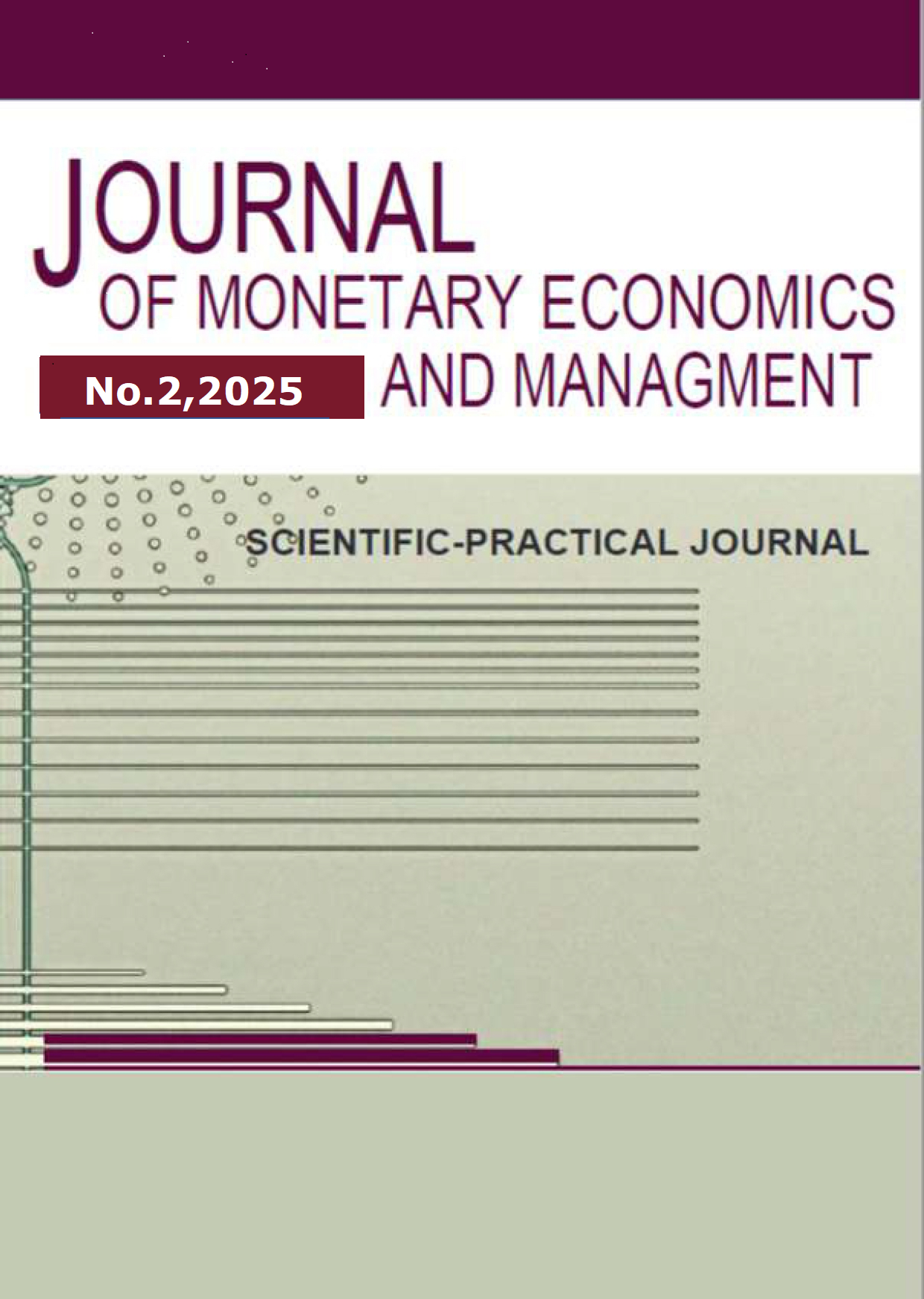employee
student
The increasing changes in the economy, including due to the acceleration of digitalization, force us to look for new ways to increase the efficiency of enterprises. One of the promising such methods is leadership. The analysis of the definitions of leadership allowed us to assert that research in this field of knowledge has not been completed. At the same time, a correct definition would make it possible to create conditions for their appearance and development. A review of the groups of definitions of this concept revealed the absence of one among them, which would take into account the key role of the environment in the emergence, formation and fulfillment of the leader's task. The most productive analysis was carried out by types of leadership, which allowed us to give the original author's definition of the concept of "leadership". A leader is a leader who possesses not only knowledge, skills and abilities in the field of management, but also achieved organizational goals by inspiring his followers to work more efficiently, giving moral and material satisfaction to the members of the enterprise team. This approach will make it possible to identify the factors of conditions that influence the emergence and development of a leader.
leadership, leader, types of leadership, management, efficiency
1. Bezmaternyh A. O. Vozdeystvie lichnosti rukovoditelya na process razrabotki i prinyatiya upravlencheskih resheniy / A. O. Bezmaternyh, E. V. Fayzrahmanova // Finansovaya ekonomika. – 2019. – № 3. – S. 697-700. – EDN JZSVGK.
2. Vihoreva M. V. Vidy stiley rukovodstva vo vzaimosvyazi koncepciy marketinga s gruppami teoriy upravleniya personalom / M. V. Vihoreva, E. S. Zherlova // Ekonomika i biznes: teoriya i praktika. – 2022. – № 10-1(92). – S. 66-70. – DOIhttps://doi.org/10.24412/2411-0450-2022-10-1-66-70. – EDN GJZTWS.
3. Vihoreva M. V. Motivacionnoe profilirovanie gosudarstvennyh grazhdanskih sluzhaschih v Irkutskoy oblasti / M. V. Vihoreva, V. A. Ogloblin // Evropeyskiy zhurnal social'nyh nauk. – 2018. – № 6. – S. 77-83. – EDN DHORPD.
4. Komarov V. V. Organizacionnoe liderstvo: podhody k opredeleniyu i klassifikacii stiley liderstva / V. V. Komarov // Liderstvo i menedzhment. – 2022. – T. 9, № 2. – S. 439-460. – DOIhttps://doi.org/10.18334/lim.9.2.114367. – EDN UPOWVL.
5. Marchukova O. G. Problema opredeleniya ponyatiya "liderstvo" v nauke / O. G. Marchukova // Specifika pedagogicheskogo obrazovaniya v regionah Rossii. – 2009. – № 1. – S. 14-17. – EDN ONJRXN.
6. Osnovy menedzhmenta [Tekst] : Maykl H. Meskon, Maykl Al'bert, Franklin Hedouri ; [per. s angl. i red. O. I. Medved']. - 3-e izd. - Moskva [i dr.] : Vil'yams, 2016. - 665 s. : il., tabl.; 24 sm.; ISBN 978-5-8459-1931-1
7. Adizes Ishak Now to Solve the Mismanagement Srisis. - Santa Monisa, SA: Adizes Institute, 1979.
8. Blake R.R., Mouton J.S. Executive Achievement: Marking it at the Top. - New York, McGraw-Hill, 1986.
9. Fiedler F.E. A Theory of Leadership Effectiveness. - New York: McGraw-Hill, 1967
10. Hersey P., Blanchard K.H. Management of Organizational Behavior. - Englewood Cliffs, NJ: Prentice Hall, 1977









